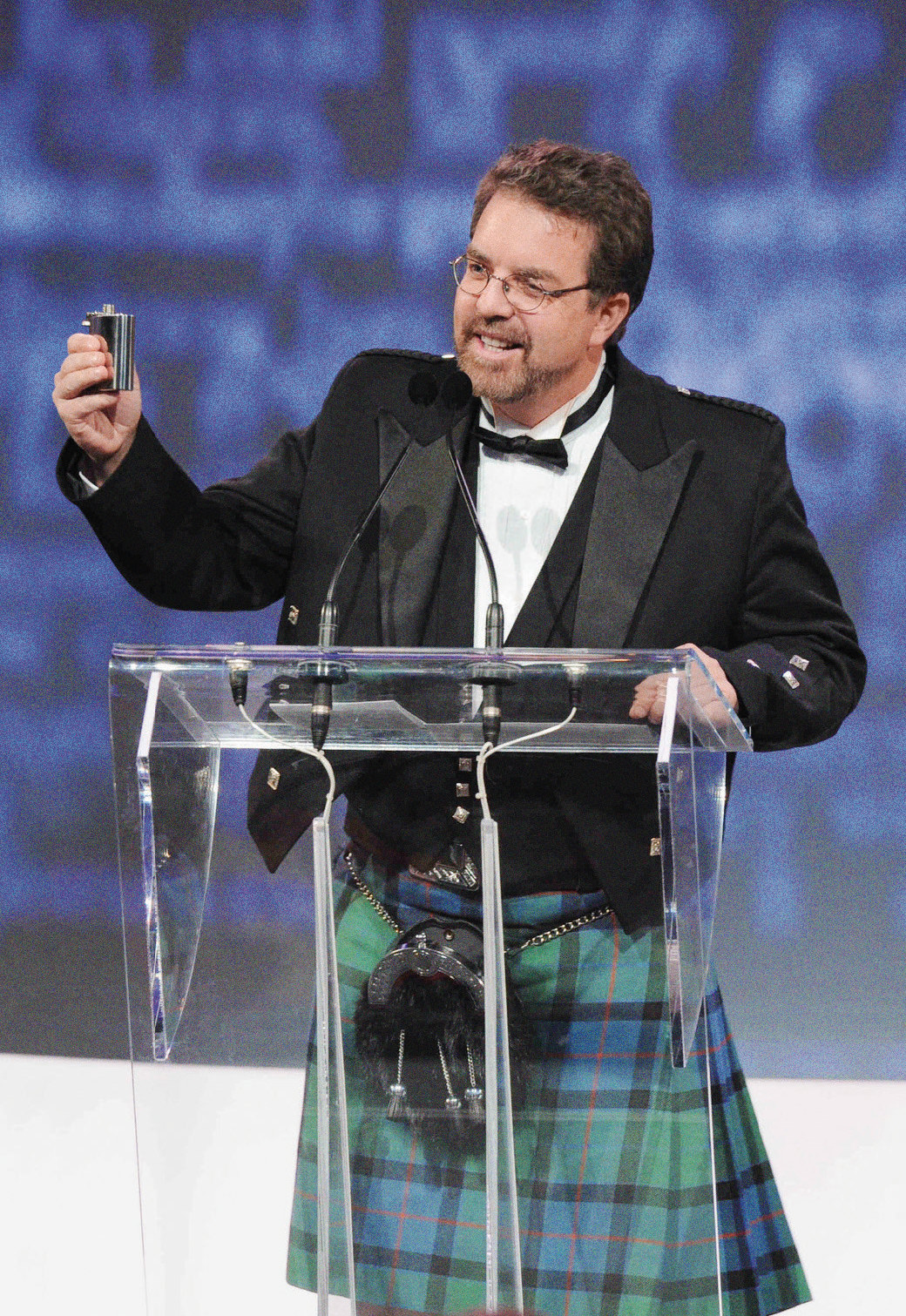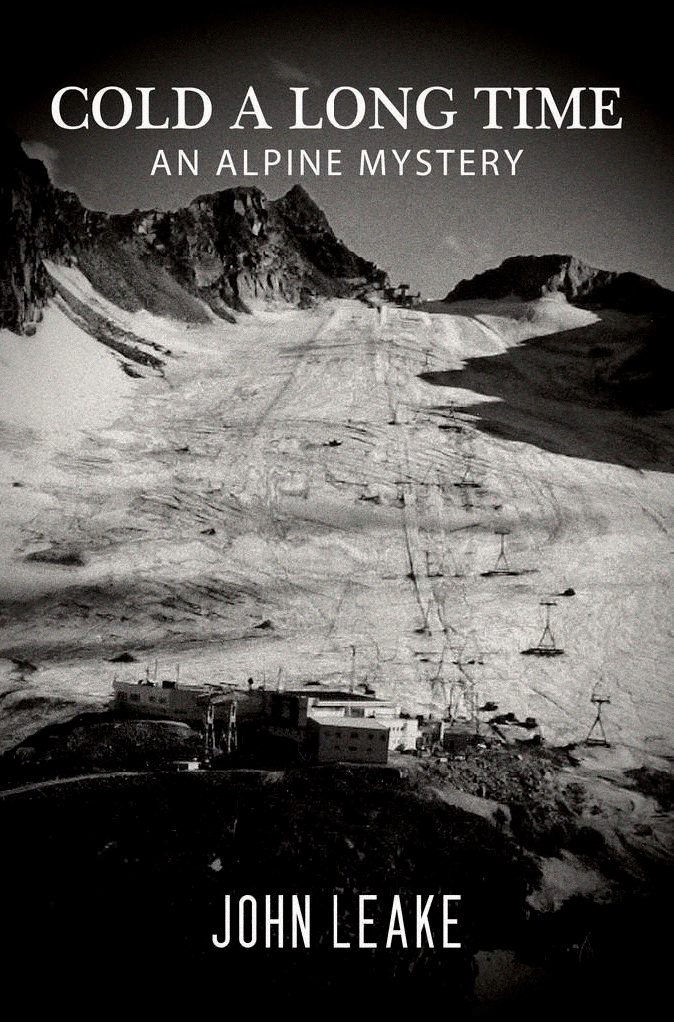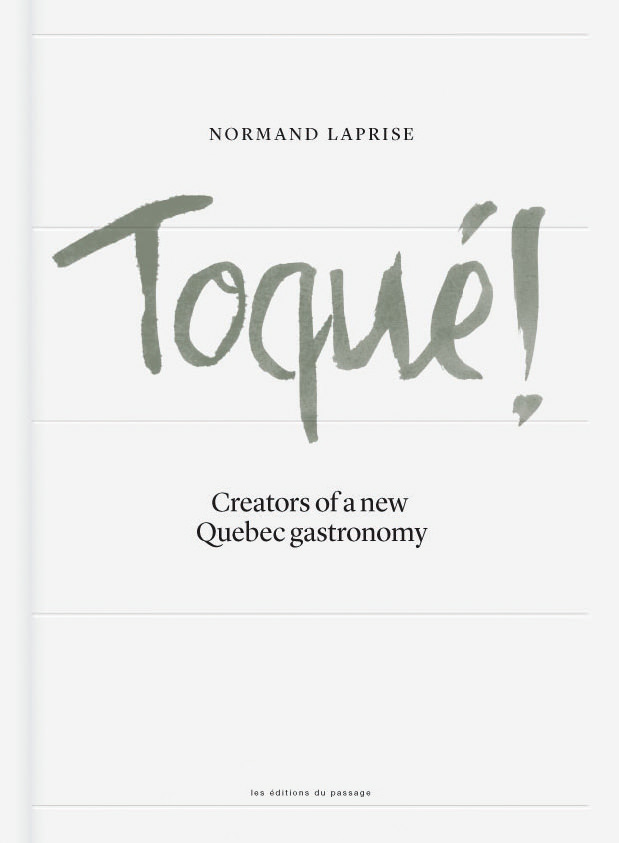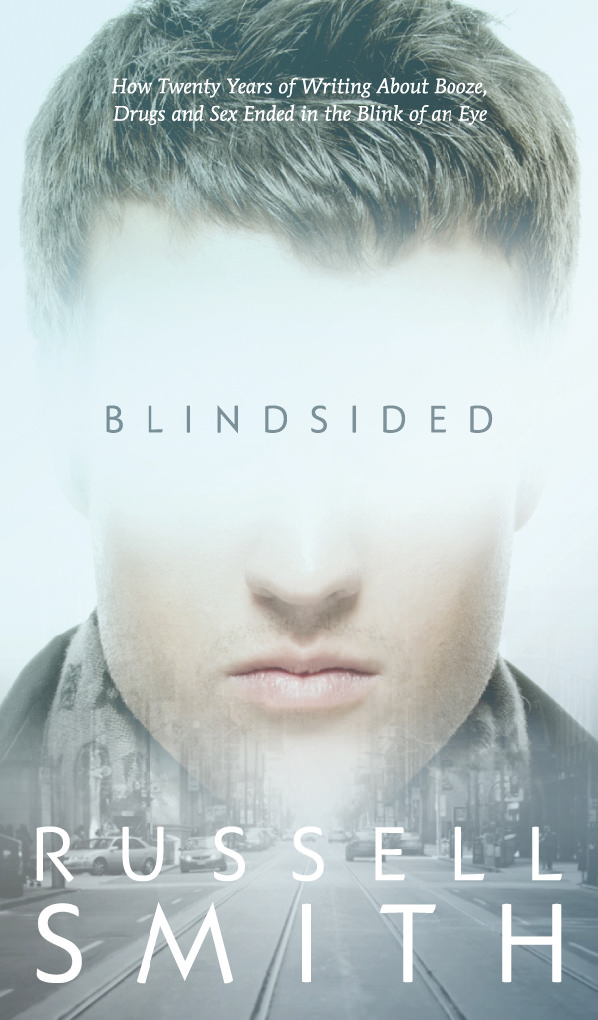Deborah Levy
On writing.
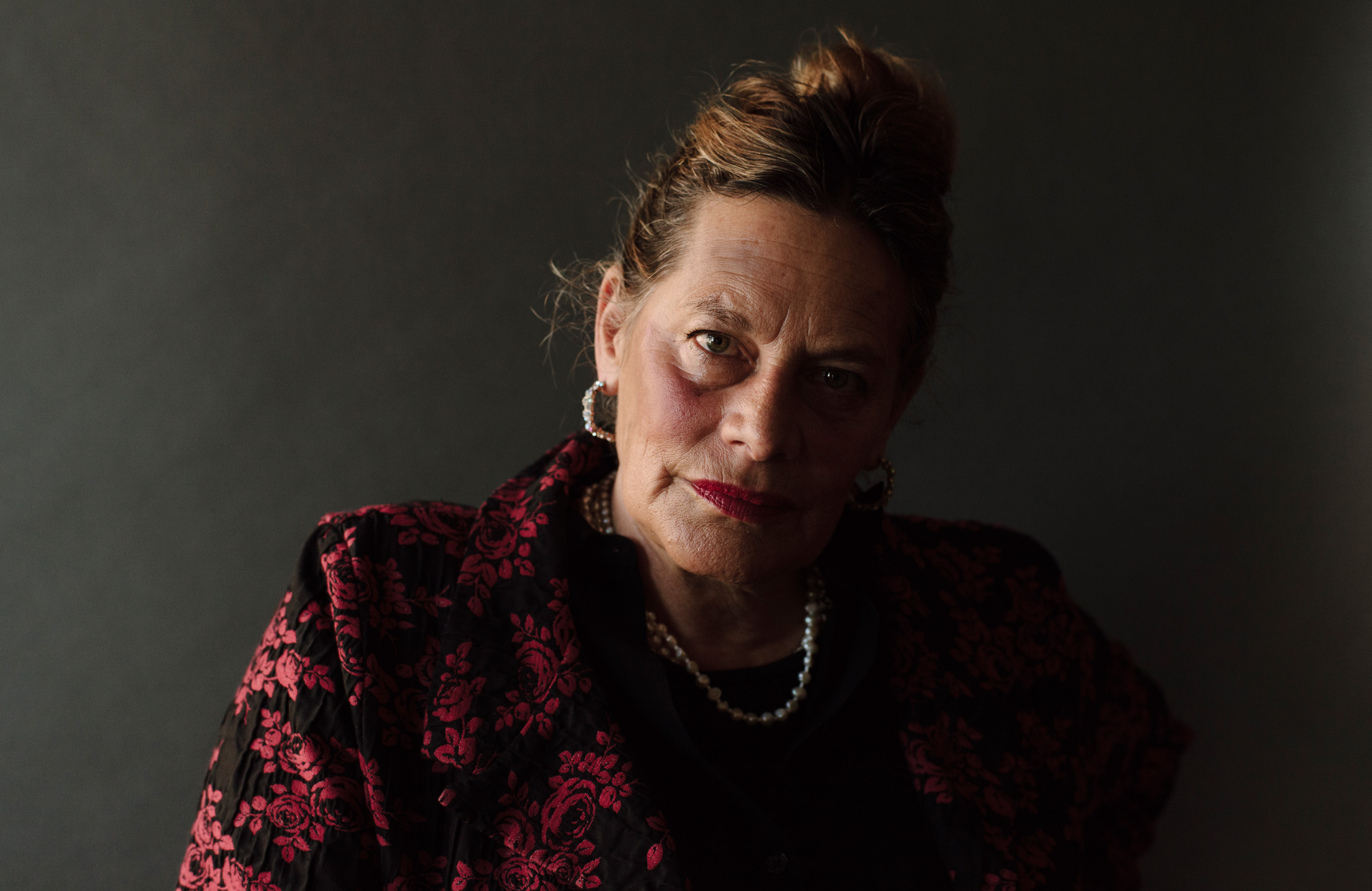
When Deborah Levy was 15 years old, she made it a habit to camp out on Saturdays at a greasy spoon in London’s West Finchley neighbourhood, ordering an English breakfast and a scalding mug of tea, and scribbling on paper napkins. Testing out the life of a writer, she was rehearsing for a future she could not yet comprehend. “I was reading all the French novelists,” she says, seated in a suite at the Granville Island Hotel during the Vancouver Writers Fest back in October. “It seemed to me, in the suburb of London that I was living in at the time, which was very unglamorous, that the French writers were wearing shades like in a Godard movie and smoking Gauloises, and they were having all these really intense existential conversations in cafés in Paris.”
Since West Finchley lacked any such Bohemian haunts, Levy had to settle for a working-class diner located by the local bus station, where the bacon was served underdone, the cigarette smoke hung heavily in the air, and the cook peered at her with curiosity. Levy would sit there, surrounded by builders, eating beans and toast, and imagining she was in a café on the Left Bank of Paris. Looking back at that time makes her laugh, she says. Still, “I think it’s quite important for us all to imagine who we might be, and just step into it a bit.”
Now in her late 50s, the British author looks the part of a chic French intellectual, her signature pearls, eyes bright despite experiencing severe jet lag. She’s had an impressive career that spans plays, radio dramas, short fiction, poetry, novels, and, most recently, a series of critically acclaimed volumes she calls “living autobiographies”, since, she says, she’s writing about life as it’s experienced in the present tense, without the wisdom of hindsight. Of course, as a teenager—when “It was very, very urgent that I got out of my life”—she had no idea this was all to come.
The uncertainty of those diner daydreams is immortalized in the first of Levy’s three stand-alone, essay-ish memoirs, Things I Don’t Want to Know, which opens in the author’s 40s and looks back on her younger life. The second, The Cost of Living, covers her 50s, while the third, about her 60s, has yet to be written.
“I think it’s quite important for us all to imagine who we might be, and just step into it a bit.”
Things I Don’t Want to Know—which The Guardian has proclaimed “unmissable”—probes what we often repress: grief, shock, trauma, and the silences that surround such experiences. The slim, compulsively readable volume uses George Orwell’s “Why I Write” as a springboard to begin knowing the unknowable. Levy revisits her childhood in South Africa, the country of her birth. Her father, a white Jewish member of the African National Congress and a contemporary of Nelson Mandela, was jailed for the role he played in the anti-apartheid movement. As a child, Levy confronted loss, unspeakable violence, and human cruelty, and she responded by going practically mute for a year. Her writing on all of this is evocative, bringing the landscape of South Africa, the bravery of its oppressed peoples, and the brutality of its policies to living, breathing life.
When Levy’s father was released from prison, the family moved to the U.K. and her parents separated—“When love goes wrong everything goes wrong,” she writes—and Levy learned to live in exile, penning “England” on napkins over and over, doing her best to make sense of this new country and her place in it. Many decades later, Levy had married an Englishman, decorated a Victorian home in London, and was busy raising two daughters in it. Her professional life had taken off in her 20s, with her writing for the theatre (“That’s very empowering for a female writer because you are actually putting words into someone else’s mouth,” she says with a wry smile) and graduating into fiction with the publication of her debut novel, Beautiful Mutants, in 1989. Swimming Home, from 2011, was shortlisted for the esteemed Man Booker Prize for Fiction. In short: her career was thriving.
But the pain of her early years crept up on her, catching her unawares and leaving her weeping on escalators in train stations. She was forced to return to her childhood, to technicolour memories of South Africa. And to her adolescence in England. “I’m a British African European,” Levy reflects. “I’ve got the landscape of Africa imprinted within me—waking up to that bright blue sky, and the light early in the morning, and the sound of birds. Then Britain, with its palette of greys, and its amazing humour and amazing history of literature and theatre. And then I also love the Mediterranean, and so quite a few of my recent novels are set there.”
Things I Don’t Want to Know weaves these disparate threads together, taking what’s been torn apart and making it whole again.
Back at the Granville Island Hotel, Levy is reclining on a couch, reading to me from The Cost of Living, her second living autobiography. It’s a kind of conversation with Simone de Beauvoir’s The Second Sex, and it was recently longlisted for an Andrew Carnegie Medal for Excellence in Nonfiction. Levy reads passages in her gentle singsong cadence, looking up every now and then for emphasis.
Interestingly, Levy does not abhor the unstable, unpredictable years of middle age. Far from it—she delights in them.
In The Cost of Living, her marriage has unravelled. “Everything was calm,” an early chapter begins. “The sun was shining. I was swimming in the deep. And then, when I surfaced 20 years later, I discovered there was a storm, a whirlpool, a blasting gale lifting the waves over my head. At first I wasn’t sure I’d make it back to the boat and then I realized I didn’t want to make it back to the boat.” Her marriage was that boat, and she knew if she swam back to it that she would drown.
“Chaos is supposed to be what we most fear, but I have come to believe it might be what we most want,” the passage continues. “If we don’t believe in the future we are planning, the house we are mortgaged to, the person who sleeps by our side, it is possible that a tempest (long lurking in the clouds) might bring us closer to how we want to be in the world.”
Levy allows this tempest to guide her to a new way of being in the world. She moves herself and her daughters into a dilapidated flat in a crumbling building—slated for a renovation that never occurs—with haunted hallways she nicknames the Corridors of Love. “The impossibility of repairing and rehabilitating a vast old building seemed gloomily appropriate at this time of disintegration and rupture,” she writes. “The process of restoration, the bringing back and repairing of something that existed before, in this case an art deco building that was falling apart, was the wrong metaphor for this time in my life. I did not wish to restore the past. What I needed was an entirely new composition.”
And so, a friend rents her a garden shed to write in, a cold shack under an apple tree, and she sets about dreaming up this new life. Levy pens the Booker-shortlisted Hot Milk there, as well as both living autobiographies. In this shed, too, she writes her way to a new way of seeing her life, one that doesn’t revolve around the old role of “wife”, and finds her suddenly—and joyously—becoming the main character in her own storyline. Her divorce is hardly mentioned in the memoir about this period, The Cost of Living; later the same evening that I speak to her, Levy tells an audience at the writers’ festival that she doesn’t believe a book is the place to have a fight (even if you could “give yourself all the best lines,” she adds with a laugh). What’s explored instead in the book, in vivid detail, is the liminal space between the end of her marriage and the beginning of her new life. “We can’t be pinned to a story that doesn’t fit us,” she tells me thoughtfully.
“Chaos is supposed to be what we most fear, but I have come to believe it might be what we most want.”
Creating a brand new story is, of course, a radical act, given the limited narratives that exist around women’s lives. And Levy’s efforts to do so can be read as part of a new movement within literature written by women, a deliberate rewriting of old scripts. At her Vancouver talk, Levy describes her contemporaries as women “at the peak of their powers, turning out book after book of innovative, entertaining, extraordinary work.” She adds, “It really is a good moment.” Levy praises the likes of Maggie Nelson, Sheila Heti, and Rachel Cusk. (She also mentions Carol Shields’ Unless, saying it reminds her of The Second Sex; she adapted Unless for BBC Radio 4—one of the things she is proudest of in her career.)
Stepping into a wholly new narrative does involve an enormous amount of heavy lifting, though. As such, The Cost of Living sees Levy lugging home bags of groceries and hauling massive potted plants around balconies. Otherwise, she’s fixing bathroom plumbing in her nightdress, fumbling endlessly for keys, and roasting chickens to feed hordes of hungry teenagers. Or whizzing around town on her electric bike—leaves from garden shed reveries still clinging to her hair—both exhilarated and exhausted by the task of making a living. Of making a life.
Interestingly, Levy does not abhor the unstable, unpredictable years of middle age. Far from it—she delights in them. Her 50s have been very creative years for her, she stresses. And now, her 60s happily beckon. “I’m 59, waving at the shore of 60, thinking, ‘What’s that going to be like?’ ” she tells me. “It’s sort of a blank slate.” So much so, in fact, that her third memoir was accepted by her publisher sans synopsis, because how can you possibly outline what a whole decade of your life will look like?
Levy does know one thing for sure. Her already much-anticipated third book will open in Paris, where, at the time of our Granville Island chat, street vendors had just begun selling fragrant roasted chestnuts outside Métro stations. Levy is a fellow at Columbia University’s Institute for Ideas and Imagination, located in Paris, and she’s been there doing research for a novel that’s set in the Montmartre café where she takes her morning coffee every day. All those years after she traced it on napkins in a bus station diner in England, she has the life she imagined.
_________
Never miss a story. Sign up for NUVO’s weekly newsletter.

